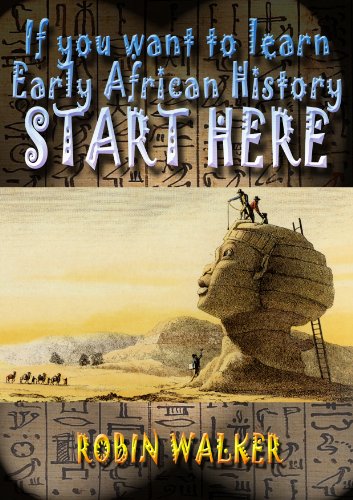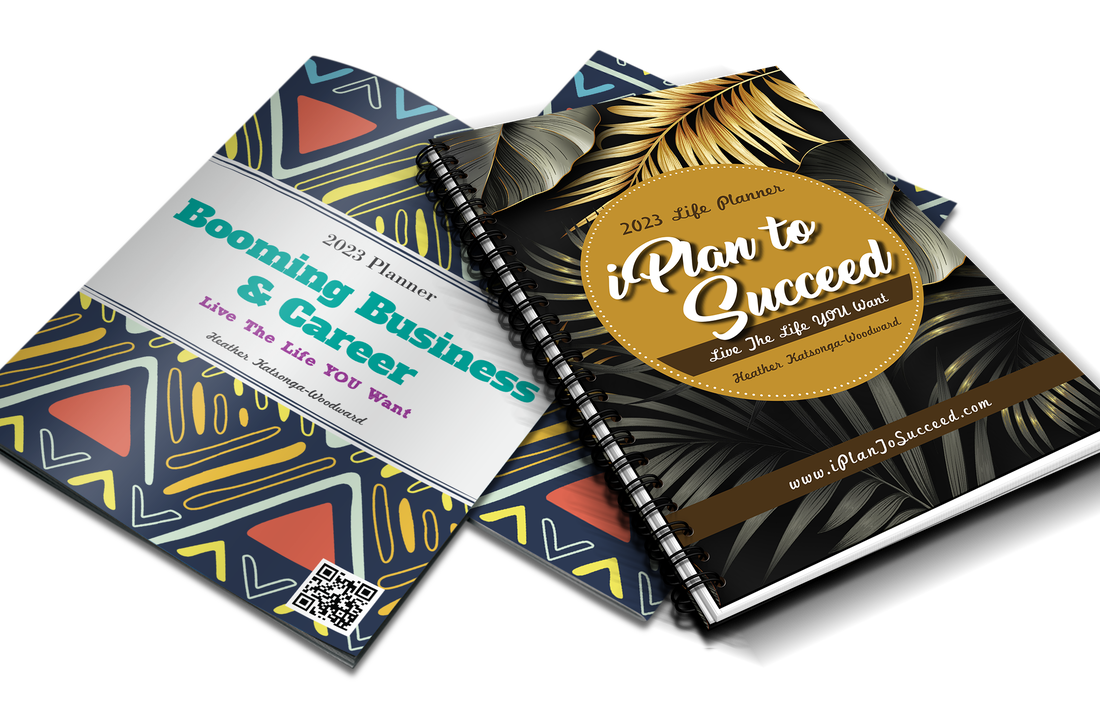 Rating: 5/5 Ask most people what they know of early African history and they will probably talk about slavery first. This book takes you away from that narrative. It reminds us of the rich cultural and academic heritage that Africans had for thousands and thousands of years before slavery was even an idea. The first half is all about classical African history the second half is a Q&A on various questions surrounding black history from African history to Black British history and touching on African American history. Robin Walker talks about the African empires that existed thousands of years before Christ and for hundreds of years after Christ and how they were on the decline long before slavery started. Two specific empires he discusses are The Songhai Empires of West Africa and the Monomotapa Empire of Eastern Africa. Apparently the biggest trade in these ancient and medieval empires was in books. Archaeologists have uncovered libraries with books in multiple languages. These African empires had trade links with Asia as early as the first century AD and built ships even all these hundred years ago. We mined steel, copper and billions of dollars worth of gold in the Monomotapa empire. Our architecture included 4 and 5 story buildings that travellers have remarked upon with great marvel in ancient texts. A specific building known as the labyrinth is believed to have been constructed in 3448 BC and was made of 3,000 apartments – 1,500 above the ground and 1,500 apartments below ground level. Excavations of Monomotapa buildings have even found toilets. It is therefore not the queen of England who was first to use a toilet. Beds have been found dating back to 3000BC. In Section 2, the Q&A, Robin Walker answers questions such as where did white people come from? Where did oriental people come from? He reminds us that current oriental feature are similar to the Khoisan people of Africa and all it would have taken to create oriental people is a touch of admixture with Europeans. The most famous Khoisan is Nelson Mandela. When I see him in my minds eye it is easy for me to imagine this to be true. He talks about how when an 8-volume book on the history of Africa was being compiled they wanted to attribute many ancient Egyptian achievements to the current Arab-like Egyptians. It was such a contentious issue that Unesco called 20 Egyptologists to debate the issue. Unfortunately 18 of the 20 were Arab or European and only two were African. You would have expected the 18 to thrash the two but the opposite happened: the two African scholars massacred the 18 with their research and evidence. These two essentially proved the blackness of the Ancient Egyptians. Apparently this is regarded as THE moment when contemporary Black scholarship really began. Egypt used to be all black but successive takeovers by the Assyrians, the Greeks, the Romans and later the Arabs led to the Middle Eastern Egyptians that we now see. Robin Walker notes that many scientific discoveries attributed to Europeans were frequently discussed in early writings by Ancient Africans. For example Charles Darwin is often attributed as being the first person to discuss natural selection but a 9th century book by a black Arab scholar called Al Jahiz discussed natural selection first. It has the unfortunate title of The Book of the Glory of the Blacks over the Whites which will have most white people in defensive mode without even considering the content. Ultimately though, For someone who just wants a flavor of Ancient African history which can be very difficult to absorb with all the dates and all the successive dynasties and the hundreds of kings and queens, this is the perfect size of book with only 100 pages. You will be left wanting to learn more about certain things but for this Robin Walker provides sources, mostly his own books, but also many names of other scholars are provided. Robin Walker importantly notes that many accomplished books of the late eighteen and early nineteenth century suffer from the problem of having a marked anti-Negro tone. One such book is A Tropical Dependency by English journalist Lady Lugard. He says it remains worth reading despite this drawback. On the other hand A History of Islam in West Africa by Prof. J Spencer Trimingham maintains a respectful tone throughout. In 2009 I took one term of Robin Walker’s Black History Studies course held in London so I know him to be a very accomplished writer on all things black history. It was through his course that I learnt the type of massive errors you will sometimes find in books. For instance, ancient travellers such as Herodotus went down the Nile and remarked upon the great structures he saw in Africa as well as the beauty of the black African people. Robin walker produced a penguin translation from the late 1900s (possibly the 1960s) and an older translation and he showed how a whole paragraph from the Greek writing had been completely removed in the Penguin books – a well-respected publication. Of course, it is such omissions of fact that help to write black people out of history. The specific paragraph removed highlighted the physical features of the people Herodotus saw – distinctly black feature; unfortunately for those who wanted the narrative to agree with previously published anti-negro writings that had us down as uncivilized and of poor literacy levels they could include the paragraph. Overall, this book is a good starting point for anyone that wants to know more about black history as presented in a more balanced context. If You Want To Learn Early African History Start Here by Robin Walker is available on amazon.com and amazon.co.uk.
0 Comments
Leave a Reply. |
Heather Katsonga-WoodwardTime allowing, I love to read. If I read anything interesting, I will blog about it here. 2019 Life and Career PlannerCategories
All
Archives
January 2019
|
Heather Katsonga-Woodward, a massive personal finance fanatic.
** All views expressed are my own and not those of any employer, past or present. ** Please get professional advice before re-arranging your personal finances.
 RSS Feed
RSS Feed




